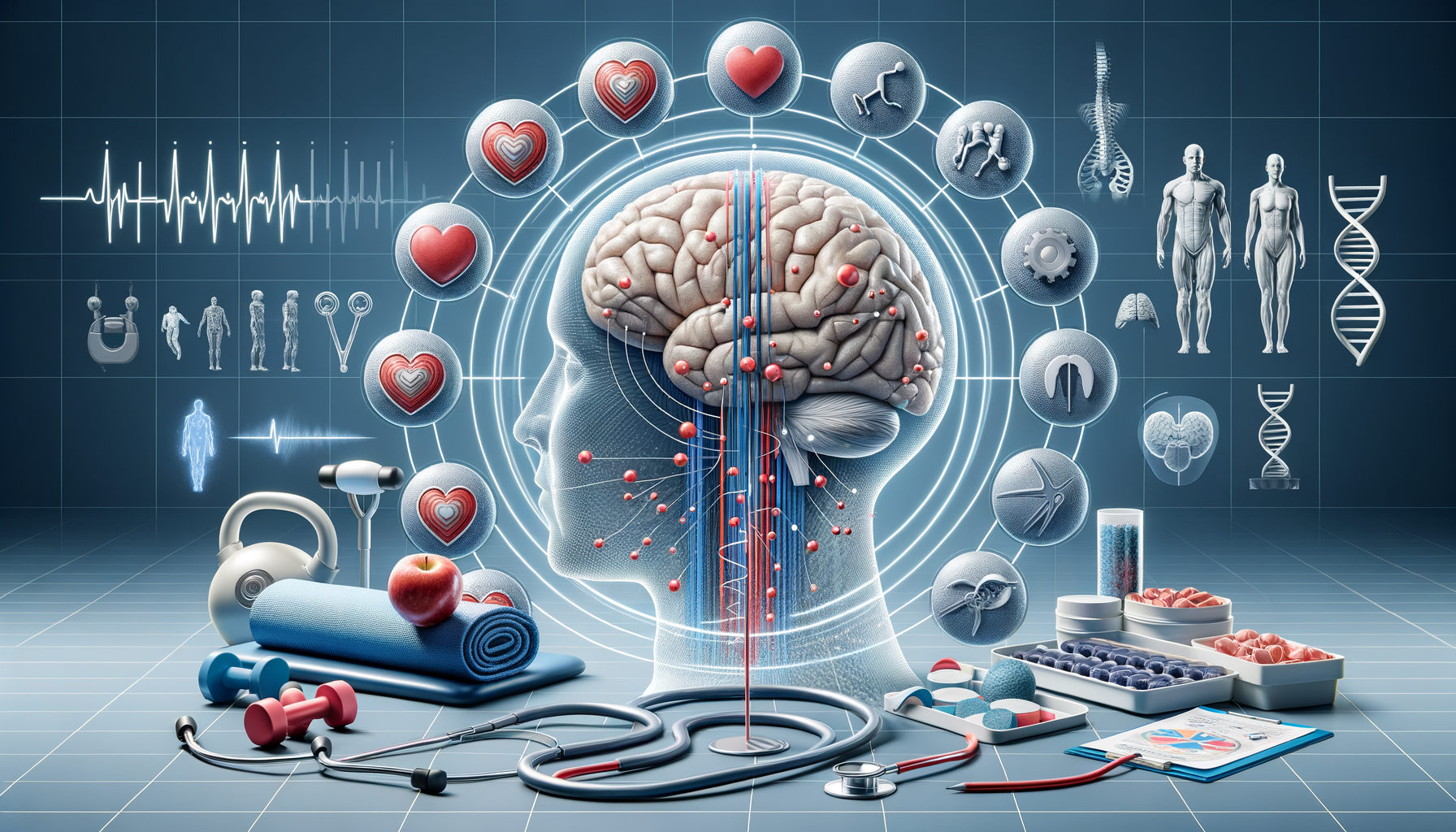Introduction to Prostate Cancer Treatment
Prostate cancer is a significant health concern, affecting millions of men worldwide. Understanding the treatment options available is crucial for patients and their families as they navigate this challenging diagnosis. Treatments for prostate cancer vary depending on the stage of the disease, the patient’s overall health, and personal preferences. This article delves into the various treatment modalities, offering a comprehensive overview to help patients make informed decisions.
Surgery: A Common Approach
Surgery is often the first line of treatment for prostate cancer, particularly in its early stages. The most common surgical procedure is a radical prostatectomy, where the prostate gland is removed. This approach is highly effective for localized cancer, offering a chance for complete removal of cancerous tissues. However, surgery comes with risks and potential side effects, such as incontinence and erectile dysfunction. Patients must weigh these factors against the potential benefits when considering surgery as a treatment option.
- Radical prostatectomy: Removal of the prostate gland.
- Potential side effects: Incontinence and erectile dysfunction.
- Best suited for localized cancer.
Radiation Therapy: Targeting Cancer Cells
Radiation therapy is another prevalent treatment for prostate cancer. It involves using high-energy rays to destroy cancer cells. This method can be used alone or in conjunction with other treatments, such as surgery or hormone therapy. Radiation therapy is particularly beneficial for patients who are not candidates for surgery. While effective, it also carries potential side effects, including fatigue, urinary issues, and bowel problems. Advances in technology have improved the precision of radiation therapy, minimizing damage to surrounding healthy tissues.
- High-energy rays target cancer cells.
- Can be combined with other treatments.
- Possible side effects: Fatigue, urinary, and bowel issues.
Hormone Therapy: Managing Cancer Growth
Hormone therapy, also known as androgen deprivation therapy, is used to reduce levels of male hormones that fuel prostate cancer growth. This treatment is often used for advanced cancer or when cancer has spread beyond the prostate. Hormone therapy can effectively slow cancer progression but is not a cure. Patients may experience side effects such as hot flashes, reduced libido, and bone thinning. Hormone therapy is often used in combination with other treatments to enhance its effectiveness.
- Reduces male hormones to slow cancer growth.
- Used for advanced or metastatic cancer.
- Side effects: Hot flashes, reduced libido, bone thinning.
Emerging Treatments and Considerations
Research in prostate cancer treatment is continually evolving, with new therapies and approaches being developed. Immunotherapy, which harnesses the body’s immune system to fight cancer, and targeted therapy, which focuses on specific cancer cell mechanisms, are promising areas of research. Patients should discuss emerging treatments with their healthcare providers to understand their potential benefits and limitations. It’s also essential for patients to consider their quality of life and personal preferences when choosing a treatment plan.
- Immunotherapy: Uses the immune system to fight cancer.
- Targeted therapy: Focuses on specific cancer mechanisms.
- Consider quality of life and personal preferences.
Conclusion: Making Informed Decisions
Prostate cancer treatment is a complex and highly individual process. With a range of options available, from surgery and radiation to hormone therapy and emerging treatments, patients have the opportunity to tailor their treatment plans to their specific needs and circumstances. It is crucial for patients to engage in open discussions with their healthcare providers, considering both the potential benefits and side effects of each treatment option. By staying informed and involved in their treatment decisions, patients can navigate their cancer journey with confidence and hope.




Leave a Reply